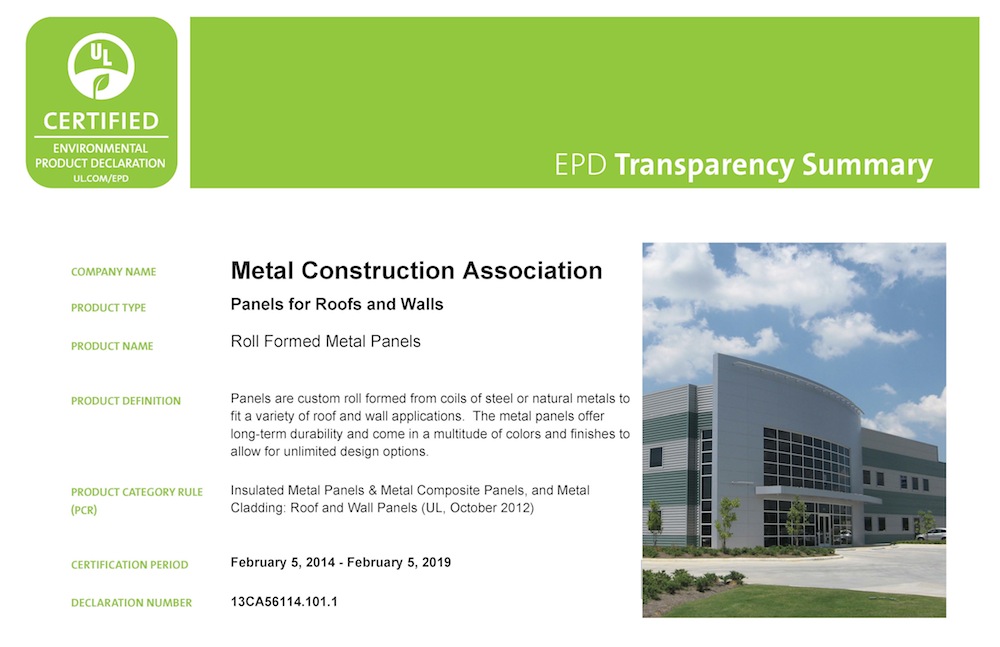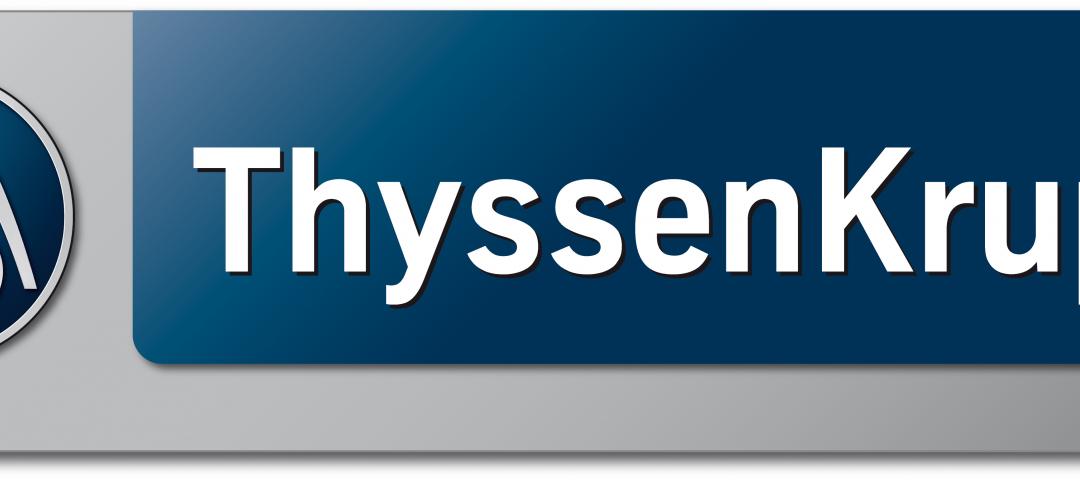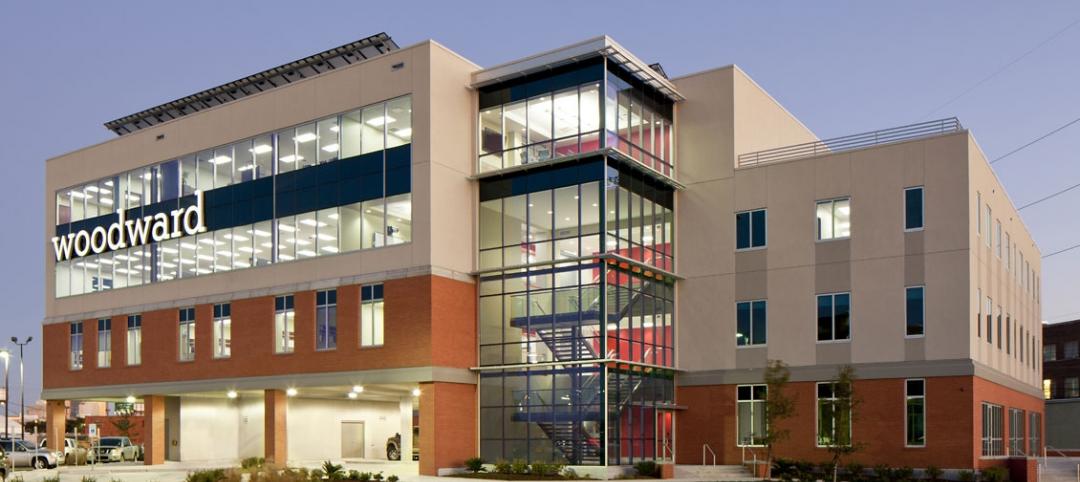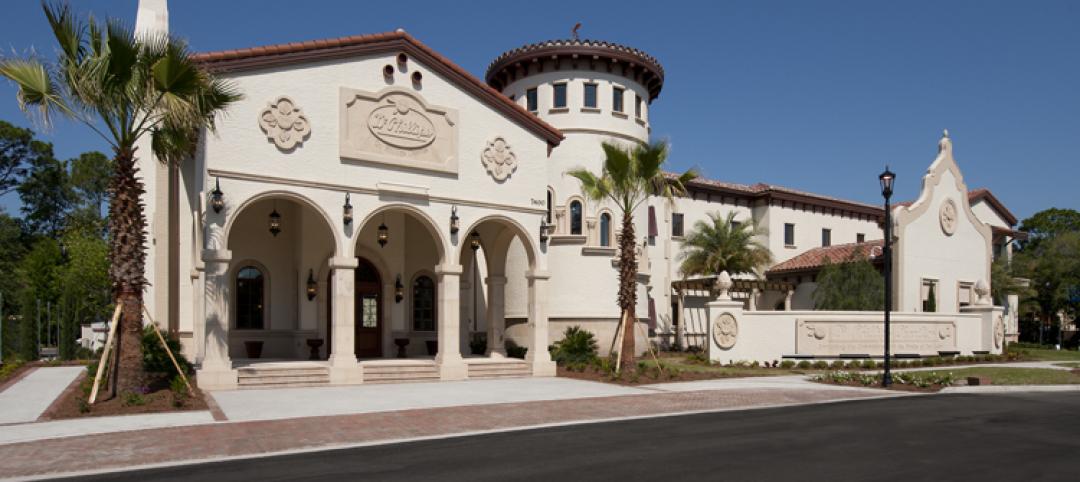Two Environmental Product Declarations (EPD), one for Metal Composite Material Panels and one for Roll Formed Steel Panels for Roofs and Walls, are now available free of charge from the Metal Construction Association (MCA) on its website.
These documents are the second and third EPDs to be released by MCA, an organization of manufacturers and suppliers whose metal wall and roofing components are used in buildings throughout the world. In October 2013, MCA developed an EPD for Insulated Metal Panels.
Environmental Product Declarations provide LCA-based information and details about the environmental impacts of products and assist purchasers and users in making informed comparisons. As more members of the design community use EPDs, which are now included in the new LEED V4 green building rating system, MCA is responding by issuing industry-wide EPDs that report the environmental impact of members' products and related assemblies.
"The way in which an EPD is used depends on what environmental impact categories relate to the architect, project or building owner. It's the same process as when you read a nutrition label on a food item. You look at what's most important to you while someone else will look at what's important to them. With an EPD it depends on what the project team feels is most important," notes Scott Kriner, MCA technical director. He also indicates that even if a project is not aiming for LEED certification, architects may require EPDs as a transparent method to describe the environmental impacts of materials used in a project specification.
MCA's EPDs contain valuable information about product definition, building physics, the basic material and its origin, product manufacture and processing, in-use conditions, life cycle assessment results, and testing results and verifications. Environmental impacts were assessed throughout the lifecycle of metal composite material panels and roll formed panels, including raw material extraction, transportation, manufacturing packaging, use, and disposal at the end of a building's useful life. The product configurations in the EPDs use ranges representative of all types of panels based on specific products from the primary producers that were used in the assessment and testing.
Information in the Metal Composite Material (MCM) EPD was prepared by MCA technical staff and members of MCA's MCM Fabricators Council and MCA's Wall Panel Council who are volunteers representing the leading manufacturers of MCM and companies that provide premium fabricating services for MCM. Originally known as Aluminum Composite Material (ACM), the name has evolved to Metal Composite Material to reflect the addition of other facer metals such as zinc, copper, stainless steel, and titanium.
MCM panels are formed by bonding two metal facer skins to a highly engineered plastic core. The panels can be finished in virtually any color a building owner or architect desires. Zinc, copper and titanium panels are usually installed unfinished, utilizing the benefit of these natural materials to achieve a unique weathered look over time.
Information in the EPD on Roll Formed Steel Panels for Roofs and Walls was prepared by MCA technical staff and members of MCA's Roofing Council and its Wall Panel Council who are volunteers representing the leading manufacturers of metal products used in roof and wall applications.
Roll Formed Panels are custom formed from coils of steel or natural metals to fit a variety of roof and wall applications. The panels can be factory-formed, formed on the jobsite using a mobile roll former, or a combination of both. For decades roll-formed metal wall and roof panels have served building owners and architects as one of the best combinations of economy, service and design. The metal panels offer long-term durability and come in a multitude of colors and finishes to allow for unlimited design options.
The Life Cycle Assessment for both the MCM and Roll Formed products on which the EPDs are based was performed for the MCA by PE International, Boston, MA. All content in the EPD documents has been reviewed by a UL Environment Review Panel and independently verified in accordance with ISO 14025 and ISO 14044.
To obtain a copy of any of the MCA EPDs visit www.metalconstruction.org or contact MCA at 847-375-4718 or mca@metalconstruction.org.
About the Metal Construction Association
The Metal Construction Association brings together a diverse industry for the purpose of expanding the use of metal in construction through marketing, research and technology and education. Companies involved in MCA gain tremendous benefit from association activities that focus on research, codes and standards, market development, and technical programs. MCA's market development efforts increase the use of metal materials in construction through the education of the building and design communities about the benefits of metal.
MCA's next national meeting is the 2014 Summer Meeting, scheduled for June 23-25, 2014 at the Westin O'Hare in Rosemont (Chicago), IL. Please refer to the MCA website www.metalconstruction.org for additional information.
Related Stories
| Dec 6, 2011
Mortenson Construction completes Elk Wind Project in Iowa
By the end of 2011, Mortenson will have built 17 wind projects in the state generating a total of 1894 megawatts of renewable power.
| Dec 6, 2011
?ThyssenKrupp acquires Sterling Elevators Services
The acquisition of Sterling Elevator Services Corporation is the third acquisition completed by ThyssenKrupp Elevator AG in the last three months in North America.
| Dec 6, 2011
Vivenzio named vice president of building performance practice at Thornton Tomasetti’s New York Office
Vivenzio, a licensed architect in New York and New Jersey, has more than 28 years of experience in architectural project management, construction administration, building diagnostic services and forensic investigation.
| Dec 6, 2011
New office building features largest solar panel system in New Orleans
Woodward Design+Build celebrates grand opening of new green headquarters in Central City.
| Dec 5, 2011
New York and San Francisco receive World Green Building Council's Government Leadership Awards
USGBC commends two U.S. cities for their innovation in green building leadership.
| Dec 5, 2011
Summit Design+Build begins renovation of Chicago’s Esquire Theatre
The 33,000 square foot building will undergo an extensive structural remodel and core & shell build-out changing the building’s use from a movie theater to a high-end retail center.
| Dec 5, 2011
Fraser Brown MacKenna wins Green Gown Award
Working closely with staff at Queen Mary University of London, MEP Engineers Mott MacDonald, Cost Consultants Burnley Wilson Fish and main contractor Charter Construction, we developed a three-fold solution for the sustainable retrofit of the building.
| Dec 5, 2011
RJM Construction begins building Nova Classical Academy in St. Paul
As the general contractor, RJM is constructing the 94,000-sf building that will consolidate the St. Paul school’s two other locations.
| Dec 5, 2011
Gables Residential brings mixed-use building to Houston's Tanglewood area
The design integrates a detailed brick and masonry facade, acknowledging the soft pastel color palette of the surrounding Mediterranean heritage of Tanglewood.
| Dec 5, 2011
SchenkelShultz Architecture designs Dr. Phillips Charities Headquarters building in Orlando
The building incorporates sustainable architectural features, environmentally friendly building products, energy-efficient systems, and environmentally-sensitive construction practices.

















